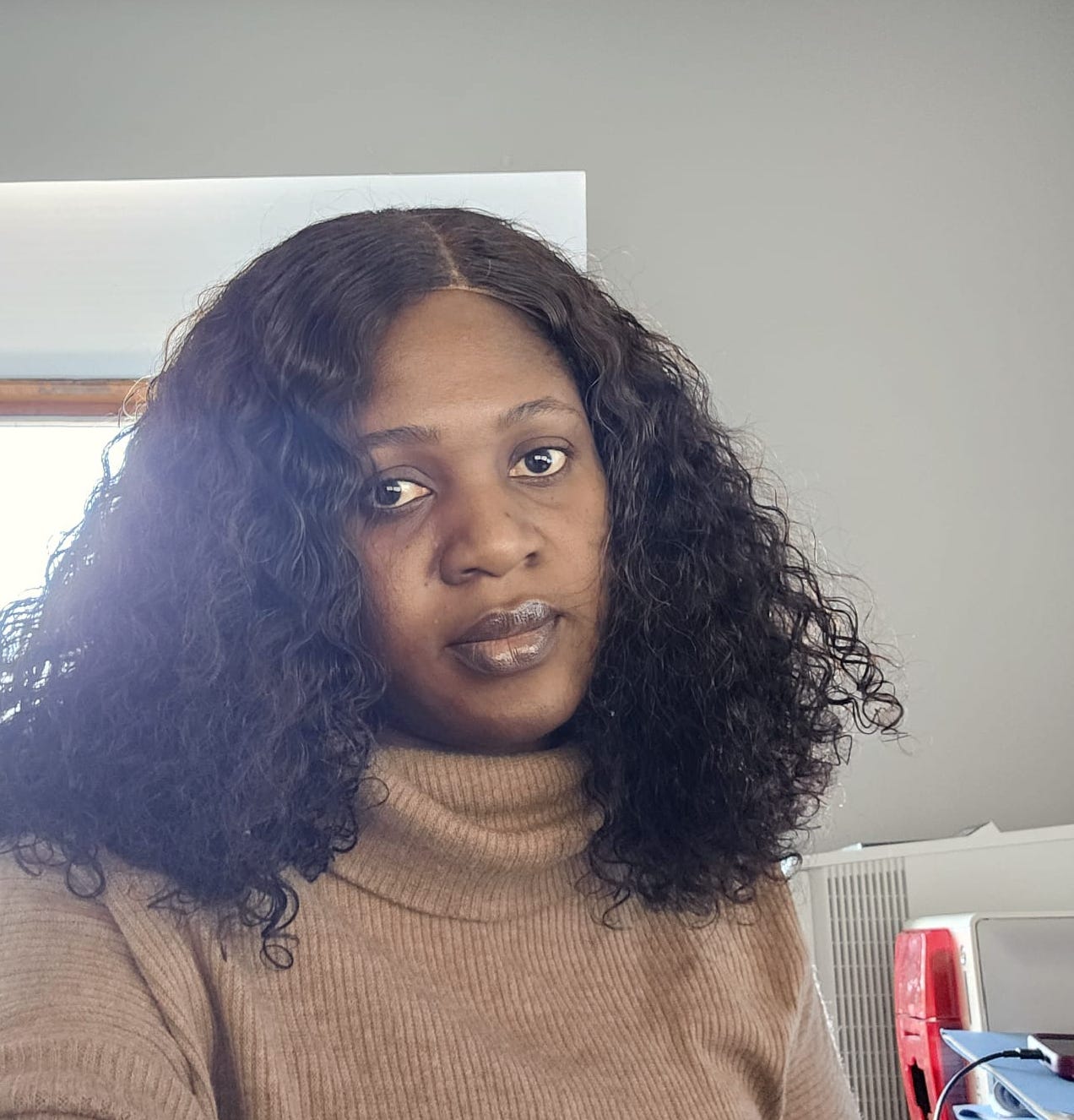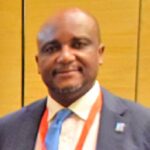
By Damilola Roleola
Since the 2023 release of Mastering Business Studies, co-authored with Jamiu Adeleke Yinusa, Edidiong Hassan has emerged as a dynamic voice reimagining business education in Nigeria. Now based in the United States, her work spans educational innovation, healthcare analytics, and systemic reform. In this interview with the Nigerian Tribune, Hassan reflects on the book’s reception, her current research interests, and her vision for a more equitable and data-conscious future, both in Nigeria and beyond.
Since the publication of Mastering Business Studies, what kind of reception have you received from students, educators, or institutions across Nigeria?
The reception has been heartening and deeply encouraging. Teachers and education administrators from across Nigeria—from state capitals to semi-urban schools—have reached out to say that the book fills a crucial void. Students, too, have been incredibly responsive. One of the most memorable moments for me was hearing about an SS2 student who started a small thrift business with her cousin after reading the second unit of the book. That story reinforced our belief that practical, context-sensitive education can catalyse real economic action among young people.
The book has been described as a practical reimagination of commercial education. What gap did you and your co-author seek to fill in Nigeria’s education landscape?
We recognised that the business education curriculum in Nigeria was often taught in abstract terms, with outdated examples and minimal relevance to the realities facing today’s learners. We wanted to change that. Mastering Business Studies contextualises economic and commercial knowledge with examples drawn from everyday Nigerian life—informal markets, digital entrepreneurship, and local service models. More importantly, it invites students to think critically about value creation, ethics, and sustainability.
One review quotes a student who said the book inspired her to start a business. Did you anticipate this kind of entrepreneurial ripple effect?
We hoped for it, but to see it happen so tangibly was both humbling and inspiring. Entrepreneurship, for me, is not just about profit. It’s about agency. When young people begin to see themselves as capable of creating value and solving problems, that shift is powerful. Business literacy, when taught with clarity and relevance, becomes a gateway to youth empowerment and community transformation.
There are emerging reports that students who used Mastering Business Studies performed notably well in the WAEC Business Studies exam. How does it feel to see your work contributing directly to students’ academic success, and what do you think accounts for this improvement?
Hearing that our book is directly contributing to students’ success in WAEC has been one of the most gratifying outcomes of this journey. Education should empower, not intimidate, and I believe that Mastering Business Studies has been effective because it demystifies the subject. We broke down abstract business concepts using language, case studies, and illustrations that resonate with students’ lived experiences.
One of our goals was to create a resource that would not just prepare students for exams but also equip them with practical knowledge they could apply beyond the classroom. So, when teachers report that students now approach Business Studies with more confidence—and that their results reflect that confidence—it affirms that accessible, relevant, and student-centred content can make a tangible difference in performance. I hope this motivates further investment in localised educational materials that truly speak to the Nigerian context.
You’re now based in the US, continuing your work in predictive analytics and health systems optimisation. Could you share what you’re currently working on?
I currently serve as HR Manager at Greatland Home Health Services in Illinois, where I oversee workforce planning, payroll integration, and staff coordination for in-home healthcare delivery. Though it’s an HR role, I approach it with a systems mindset—using data to streamline recruitment and optimise staff scheduling to improve patient care.
I am also working with a multi-institutional team researching predictive models for reducing patient wait times in urban emergency rooms, particularly in high-traffic, under-resourced neighbourhoods. We’re combining real-time data with AI-powered simulation to improve triage efficiency and resource allocation. Aside from that, I’m also working on a new book tentatively titled Data, Dignity, and Design: Ethical Futures in Public Systems, which explores the intersections of data justice, algorithmic design, and equity in emerging economies.
Your recent article, “Integrating Deep Learning and Big Data to Enhance Predictive Analytics in Healthcare Decision Making”, explores healthcare delivery transformation. How do you see predictive analytics reshaping healthcare, especially for underserved communities?
Predictive analytics is already changing how we understand patient flow, resource allocation, and preventive care. For underserved communities, its potential lies in precision with compassion. When data is used ethically, we can forecast medication stockouts, identify at-risk populations earlier, and even optimise ambulance routes. But that requires inclusive datasets and cultural sensitivity—data that reflects people, not just systems.
How did your experience in Nigeria’s banking sector shape your understanding of risk, systems, and optimisation, and how has that informed your healthcare analytics work in the US?
Working in Nigeria’s financial sector taught me two critical lessons: first, that systems must be resilient under constraints; and second, that risk isn’t always where models predict it to be. In healthcare, similar principles apply. Delays, inefficiencies, and imbalances can’t always be “fixed” by technology. They require local knowledge, structural sensitivity, and ethical foresight. My time in banking gave me the language of systems thinking and the discipline of evidence-based intervention.
You’ve worked across banking, academia, and healthcare. What drives your interdisciplinary approach?
Curiosity—and a sense that no single discipline holds all the answers. I’m constantly asking: How do we design systems that are not only functional but also humane? Whether I’m writing a textbook, analysing risk models, or evaluating healthcare flowcharts, I’m interested in the human cost and possibility embedded in each system.
What are your long-term goals in the US? Are you working toward launching your initiative, perhaps in healthtech, education reform, or business training?
Yes, I am currently laying the groundwork for a data-driven equity lab—an interdisciplinary hub that brings together educators, data scientists, public health experts, and community advocates. The aim is to produce open-source tools and curriculum models that can be localised and scaled in both African and North American contexts. I’m also mentoring a number of young professionals interested in using AI for social good, particularly women from underrepresented communities.
What advice would you give to young Nigerian women aspiring to pursue careers in data science, healthcare management, or entrepreneurship?
Don’t wait for perfect conditions. Start where you are. Build skills that align with your passions, and don’t be afraid to cross disciplines. The world needs your perspective. And remember your work is most powerful when it is not just excellent, but also ethical.
WATCH TOP VIDEOS FROM NIGERIAN TRIBUNE TV
- Relationship Hangout: Public vs Private Proposals – Which Truly Wins in Love?
- “No” Is a Complete Sentence: Why You Should Stop Feeling Guilty
- Relationship Hangout: Friendship Talk 2025 – How to Be a Good Friend & Big Questions on Friendship
- Police Overpower Armed Robbers in Ibadan After Fierce Struggle





